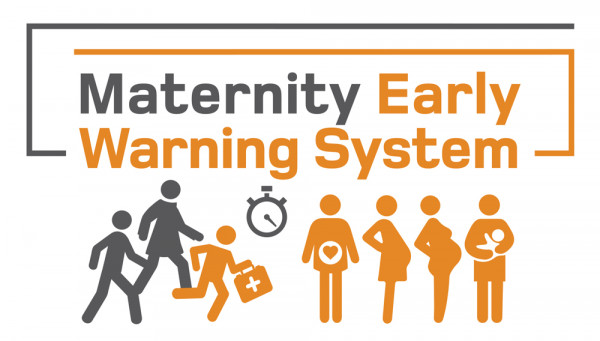The Health Quality & Safety Commission has developed a national maternal early warning system (MEWS) to help clinicians identify when a pregnant or recently pregnant woman’s condition starts to get worse, so they can respond quickly.

The system includes:
- a standardised maternity vital signs chart (or electronic equivalent) with an early warning score
- a localised escalation pathway
- effective clinical governance and leadership
- appropriate clinical and non-technical education and training
- ongoing measurement for improvement
- an escalation process for clinician, woman, family and whānau concerns.
The system is designed to identify acute deterioration in women who are admitted to a hospital during pregnancy or within 42 days of birth (not routinely during labour).
The maternity vital signs chart is based on the existing national adult vital signs chart, which the Commission has introduced to hospitals as part of its patient deterioration programme. It uses eight vital sign parameters specific to maternity to calculate a maternal early warning score. When the score is reached, it triggers a response based on the local escalation pathway, so the appropriate actions can be taken to manage the woman’s condition.
A sector-wide workshop in December 2017 agreed a national MEWS was required and testing of the new system took place during 2018. The test sites were supported by the Commission’s national programme team, which is clinician-led and includes a maternity specialist, an obstetrician/gynaecologist and an anaesthetist.
Following an evaluation by the programme team, the MMWG approved the national rollout of MEWS during 2019−20. A full compendium of tools and guidance is available to aid implementation in New Zealand hospitals.
The majority of DHBs have implemented either in maternity or hospital wide. We anticipate that all DHBs will have implemented hospital-wide by early 2021.
The Commission handed over MEWS to the Ministry of Health's maternity team for ongoing monitoring and sustainability.
For more information, please email the Ministry of Health maternity team: maternity@health.govt.nz.
Vital sign charts and early warning systems: A scoping literature review
Following the implementation of the national adult early warning system (NZEWS) and maternity early warning system (MEWS) across the motu, Adapt Research, on behalf of Te Tāhū Hauora Health Quality & Safety Commission has undertaken a scoping review of recent literature in 2024 to ensure the national adult and maternity vital signs charts remain aligned to best practice.
The literature review found that the NZEWS and MEWS performs comparably to the best-performing paper-based systems and did not find strong evidence that changes to the paper-based charts are warranted.
However, it highlighted that the best-performing early warning systems use integrated electronic systems that can combine demographic information, vital signs and laboratory results to more accurately predict a person’s risk of deterioration.
Read the report: Vital sign charts and early warning systems: A scoping literature review.

